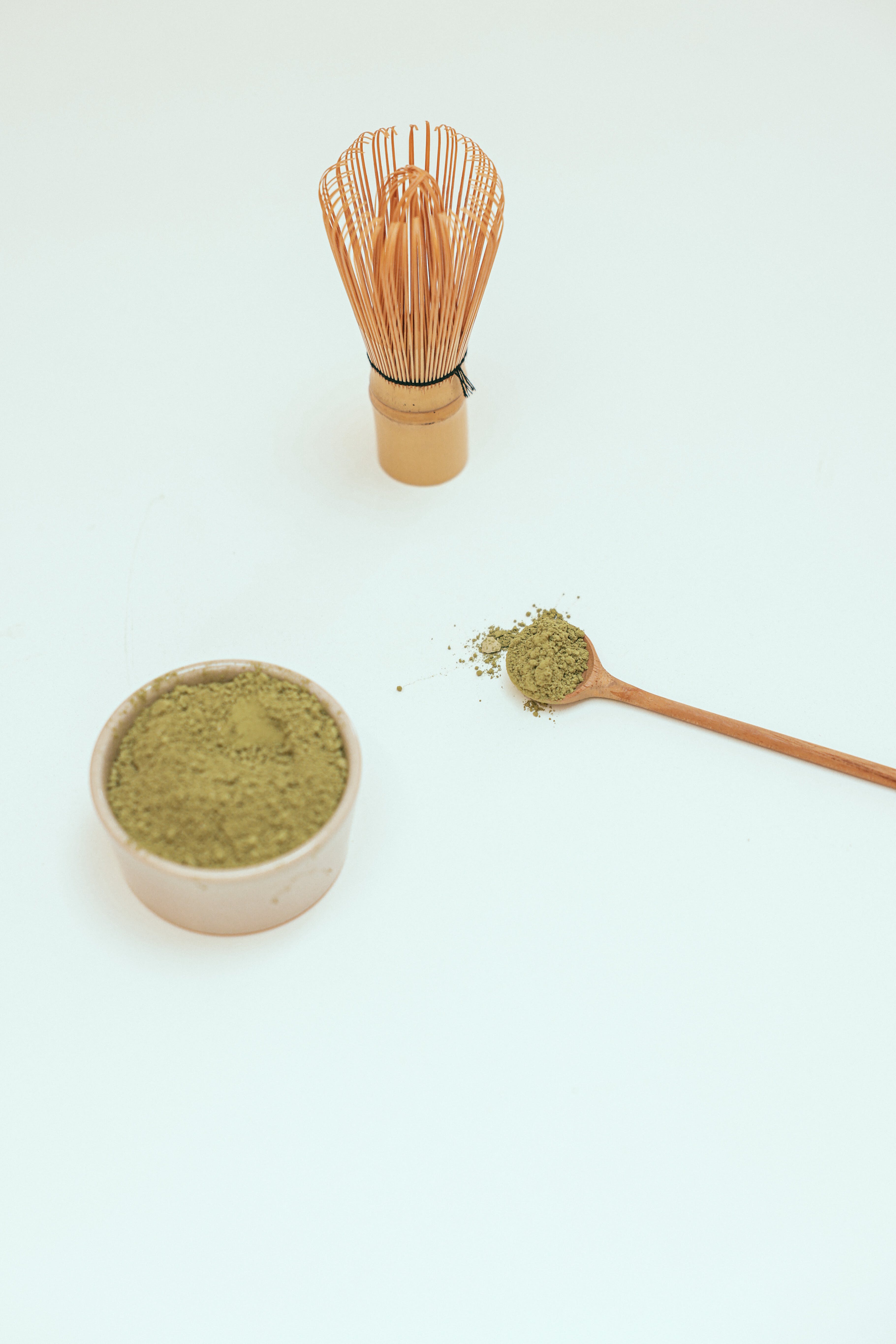When it comes to maintaining our well-being, there are a multitude of ways to go about it. One increasingly popular option is kratom, a plant native to Southeast Asia that has been used for centuries for its natural properties. People use it for various reasons, including promoting relaxation, easing pain, and boosting mood. Those looking to incorporate it into their daily health routine can find different options. You can shop powders, capsules, and gummies for your health, allowing you to choose the best method for your needs. Join the many others who have discovered the benefits of kratom and explore what this natural product can do for you.
Here's what people take Kratom for
 Chronic pain
Chronic pain
Pain can have a totally debilitatingly affect on our lives, making even simple tasks difficult. Many people turn to Kratom to help alleviate their discomfort. This plant-based substance has been used for centuries in traditional medicine for its pain-relieving properties. It contains alkaloids that work similarly to opioids but without the adverse side effects. See also - Understanding pain and painkillers.
It binds to the same brain receptors, reducing pain and enhancing mood and well-being. As with any medication, it's essential to consult a healthcare professional before trying Kratom, as there may be potential risks and side effects. However, it has been a game-changer for many who suffer from chronic pain, providing relief and improving their quality of lif
Anxiety
Excessive worrying characterizes anxiety, a mental health condition. While various prescriptions and over-the-counter medications help reduce anxiety symptoms, more people are turning to Kratom, a natural remedy. The herb is believed to have a calming effect on the mind and body, which can help alleviate anxiety.
Multiple studies have shown that consumption can lower blood pressure and heart rate, leading to relaxation. However, it should be noted that, like any other herbal supplement, it may have adverse effects when used in excess or combination with certain medications. Therefore, it is essential to thoroughly understand its benefits and side effects before incorporating it into one's daily routine.
Depression
Depression is a widespread mental health condition affecting millions of people worldwide. While traditional medications and therapy are commonly prescribed, some individuals use alternative natural remedies, such as Kratom, to alleviate their symptoms.
It has been used for centuries to treat various ailments, including depression. Its active compounds, such as mitragynine and 7-hydroxymitragynine, can interact with the brain's receptors to produce feelings of euphoria and relaxation. Many people who use it for depression report that it helps them feel more positive, energetic, and motivated, which can improve their mental health.
However, it is essential to note that while it can provide short-term relief, it is not a cure for depression, and individuals with this condition should seek professional help from a qualified healthcare provider to effectively manage their symptoms.
Insomnia
Insomnia is a prevalent sleep disorder that affects millions of people across the globe. Insomnia symptoms can vary from difficulty falling asleep to waking up frequently at night. While various prescription drugs are available to treat insomnia, some individuals prefer a more natural approach. Kratom is a natural remedy that has gained popularity for treating insomnia.
Its sedative properties can help to relax the mind and promote sleep. However, it's important to note that using it for insomnia has not been extensively studied, and individuals should consult with a healthcare professional before taking it.
Fibromyalgia
Fibromyalgia is a chronic health condition affecting millions worldwide, causing widespread pain, fatigue, and cognitive impairment. Unfortunately, there is no straightforward cure for the condition, making it challenging for sufferers to manage their symptoms.
However, many people with Fibromyalgia have found relief through the use of Kratom. This plant-based supplement, which comes from the Mitragyna Speciosa tree, has been used traditionally in Southeast Asian countries to help alleviate a range of medical conditions, including chronic pain.
In recent years, it has gained popularity amongst Westerners, who have turned to it as a natural alternative to prescription medications. Studies have shown that it can help manage Fibromyalgia symptoms by reducing pain, promoting relaxation, and improving mood. However, it's important to note that the FDA does not regulate it, and like any supplement, it may have potential risks and side effects.
Opiate withdrawal symptoms
Kratom has been used for centuries for its unique properties. In recent years, one of the most popular uses for Kratom is treating opiate withdrawal symptoms. Opiates, including prescription painkillers and heroin, are highly addictive and can lead to physical dependence on the substance. When an individual abruptly stops or reduces their opiate use, they may experience a range of withdrawal symptoms, including nausea, anxiety, and insomnia.
It has been shown to alleviate these symptoms, acting as a natural alternative to traditional medications. However, it is essential to note that additional research is needed to fully understand Kratom's effectiveness and potential risks in treating opiate withdrawal.
How to use Kratom for optimal results?
Kratom can be a powerful and effective tool for those seeking unique benefits. However, it's essential to understand the proper consumption methods to achieve optimal results.
One of the critical factors to consider is the dosage. Due to its potency, it's recommended to start with a small amount and gradually increase until the desired effects are achieved.
Additionally, it's essential to choose the right strain of Kratom that aligns with your desired outcome. For example, Green Maeng Da is often touted for its energizing and mood-boosting effects, while Red Bali is considered more relaxing and sedative.
Finally, it's essential to remember that Kratom should be consumed responsibly and under the guidance of a healthcare professional when necessary.
Takeaway message
Kratom can be a beneficial option for individuals struggling with physical or mental health conditions. It is important to remember that herbal supplements should always be taken with caution and under the guidance of a doctor. However, if you are dealing with the six health conditions mentioned in this blog post, kratom may be a treatment worth considering. It has the potential to alleviate your symptoms and enhance your overall quality of life. Research more thoroughly into its benefits if you think it could help you, talk to your healthcare provider to ensure it’s right for you, and only buy from reputable sources like those found through third-party testing sites for safety assurance.





